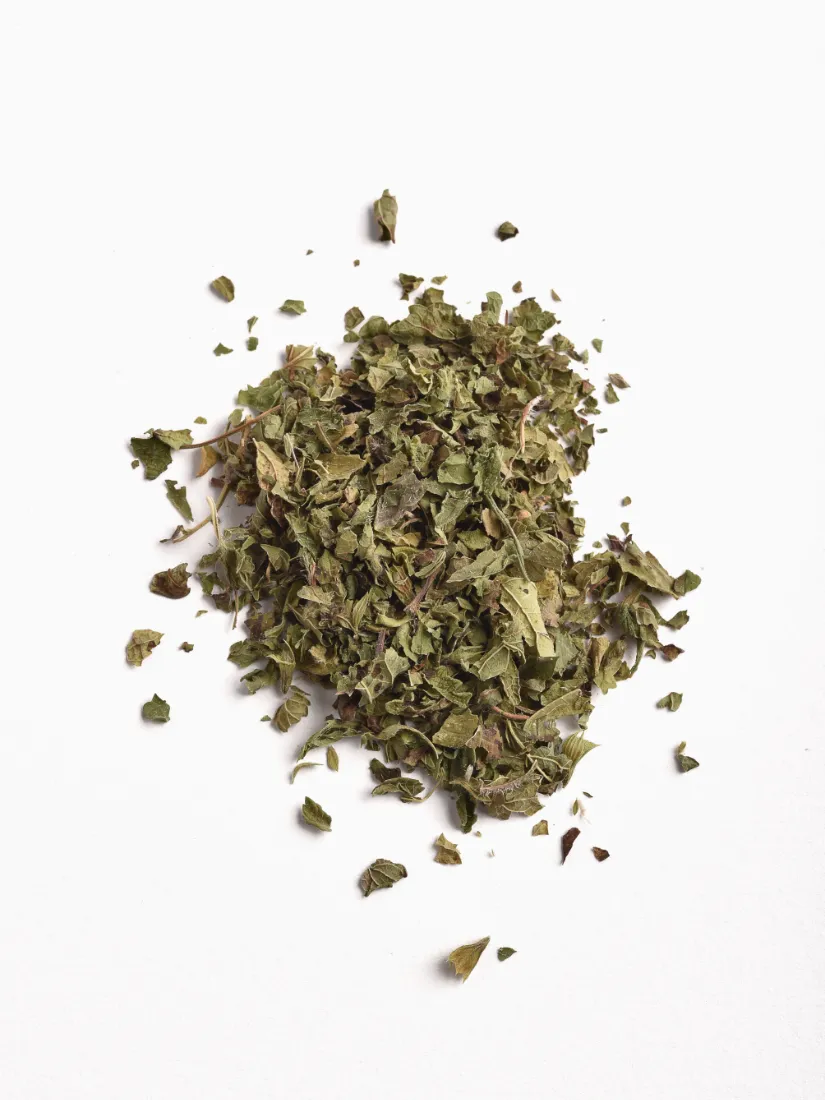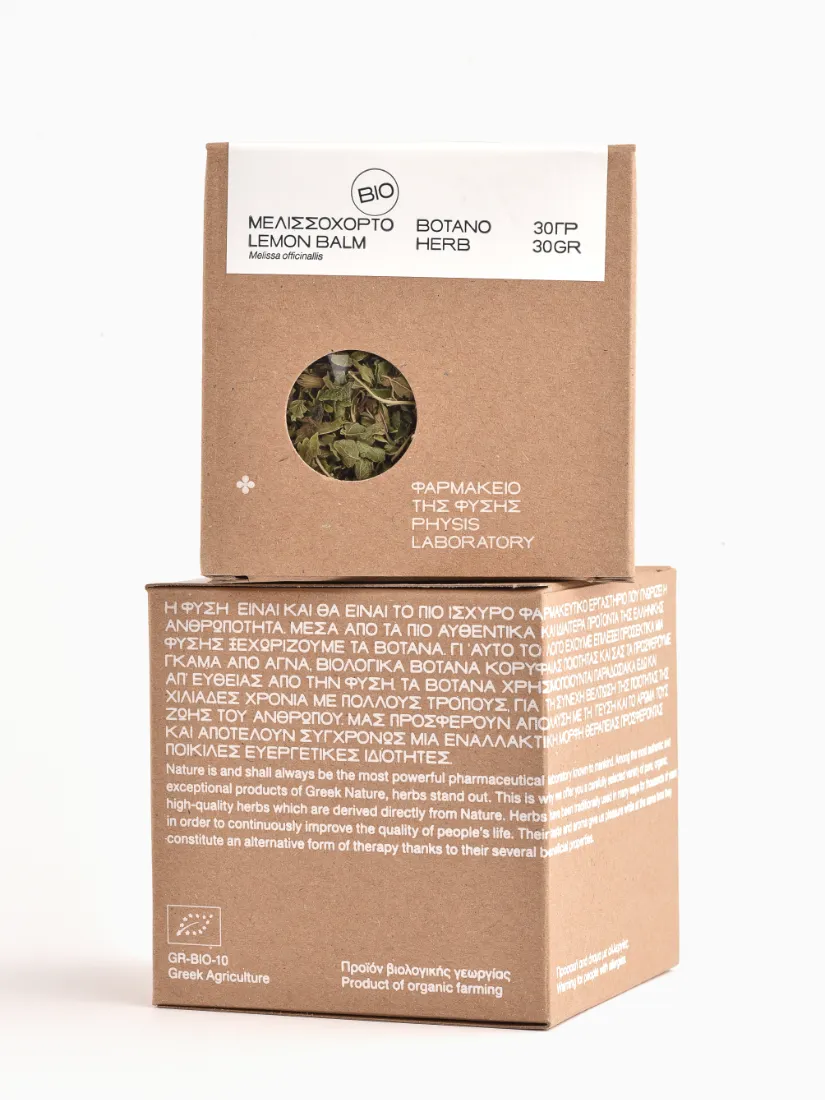Melissa officinalis, also known as lemon balm, honey balm or balm mint, is a traditional edible aromatic plant with medicinal properties, which is widely cultivated in Europe, while it grows mainly in the Mediterranean region, but also in many regions of Asia.
-It is traditionally considered to have anti-oxidant, antimicrobial, anti-inflammatory, anxiolytic, sedative, antidepressant, expectorant, spasmolytic, hypoglycemic and hypolipidemic properties.
-Lemon balm decoction, due to its rich content of phenolic compounds and flavonoids, is considered to be a functional beverage against oxidative stress with concurrent antiseptic and anti-inflammatory action.
-Moreover, both lemon balm phenolic acids and flavonoids, especially quercetin, are thought to reduce inflammation.
-Lemon balm decoction contributes to the regulation of the intestinal microflora by inhibiting harmful pathogens, promoting the intestinal microbial balance and relieving digestive and stomach disorders, such as dyspepsia, dysentery, etc.
-While it has been found that lemon balm also has an anti-viral effect, contributing to the reduction of flu symptoms and infections by enteroviruses, herpesviruses, etc.
-Numerous compounds in lemon balm, including rosmarinic acid, have the ability to inhibit the action of GABA transaminase, which is an enzyme responsible for the degradation of gamma aminobutyric acid (GABA), an important neurotransmitter of the central nervous system and regulator of the proper brain function, enhancing its activity. As a result, lemon balm tea helps reduce anxiety and stress, improves sleep quality and lowers insomnia.
-Another mechanism of action that confers neuropharmacological properties on the aqueous extract of lemon balm leaves is thought to be its ability to inhibit monoamine oxidase (MAO), which is a brain enzyme responsible for breaking down serotonin. Through the inhibition of MAO, the concentration of serotonin increases and as a result an antidepressant effect is observed with improvement of mood performance.
-Lemon balm is considered to be a promising natural calming agent with anxiolytic, antidepressant, anti-insomnia and neuroprotective effects.
-Rosmarinic acid, as well as the terpenoids of lemon balm, are also reported to have the ability to inhibit acetylcholinesterase (AChE), which is an enzyme responsible for breaking down acetylcholine. This leads to increased levels of acetylcholine and its action in brain synapses, as well as enhanced communication between the nerve cells, and by extension, enhanced cognitive function and mental concentration. The cholinergic effect of lemon balm is considered to be able to reduce agitation and alleviate the cognitive symptoms of Alzheimer’s disease.
-Lemon balm tea may also ameliorate metabolic parameters through the improvement of the lipid profile and glycemic control, as well as blood pressure. Lemon balm, as a rich source of flavonoids and
phenolic compounds, contributes to the reduction of total cholesterol (TC), low-density lipoprotein cholesterol (LDL) and triglycerides (TG), as well as blood glucose control.
Its hypoglycemic and hypolipidemic effects in combination with its anti-oxidant and anti-inflammatory action result in protection against dyslipidemia, which is closely related to type-2 diabetes and is a significant risk factor for the development of atherosclerosis and other cardiovascular diseases. As a result, lemon balm has been characterized as a cardiac tonic and cardioprotective medicinal herb.


